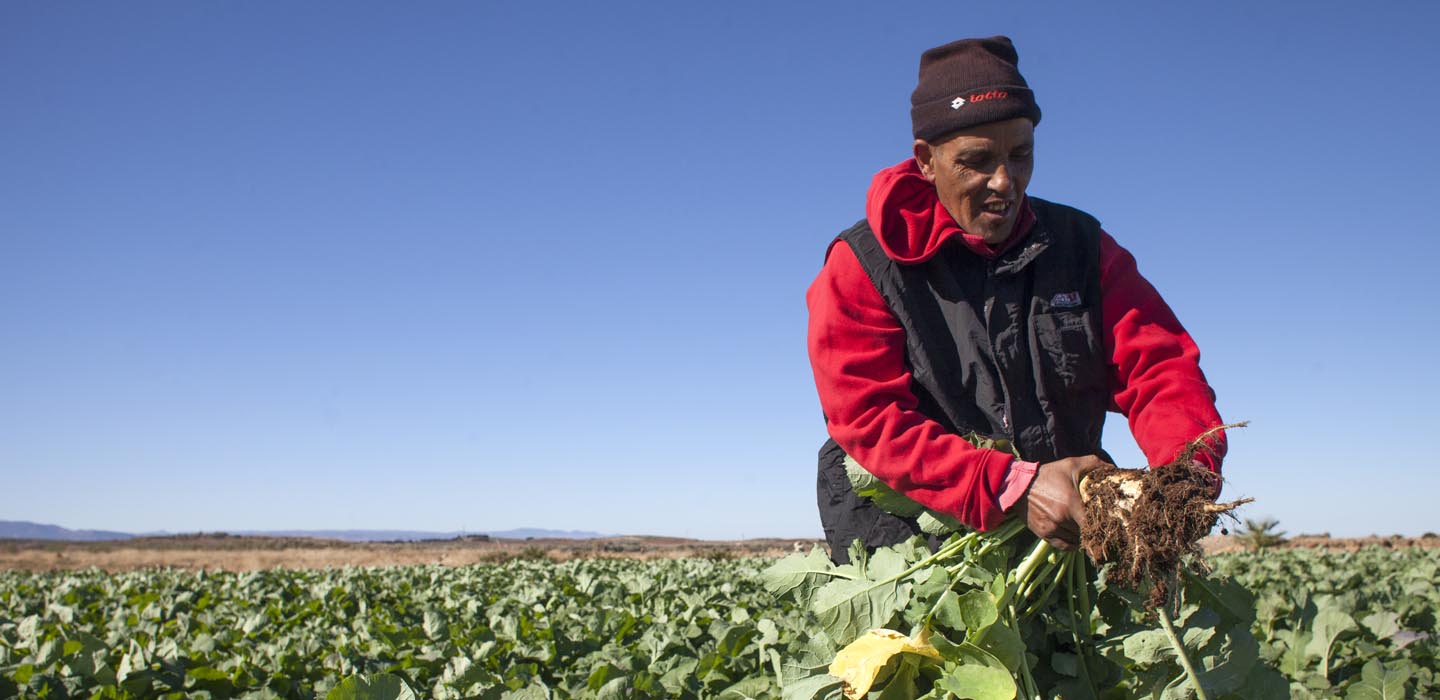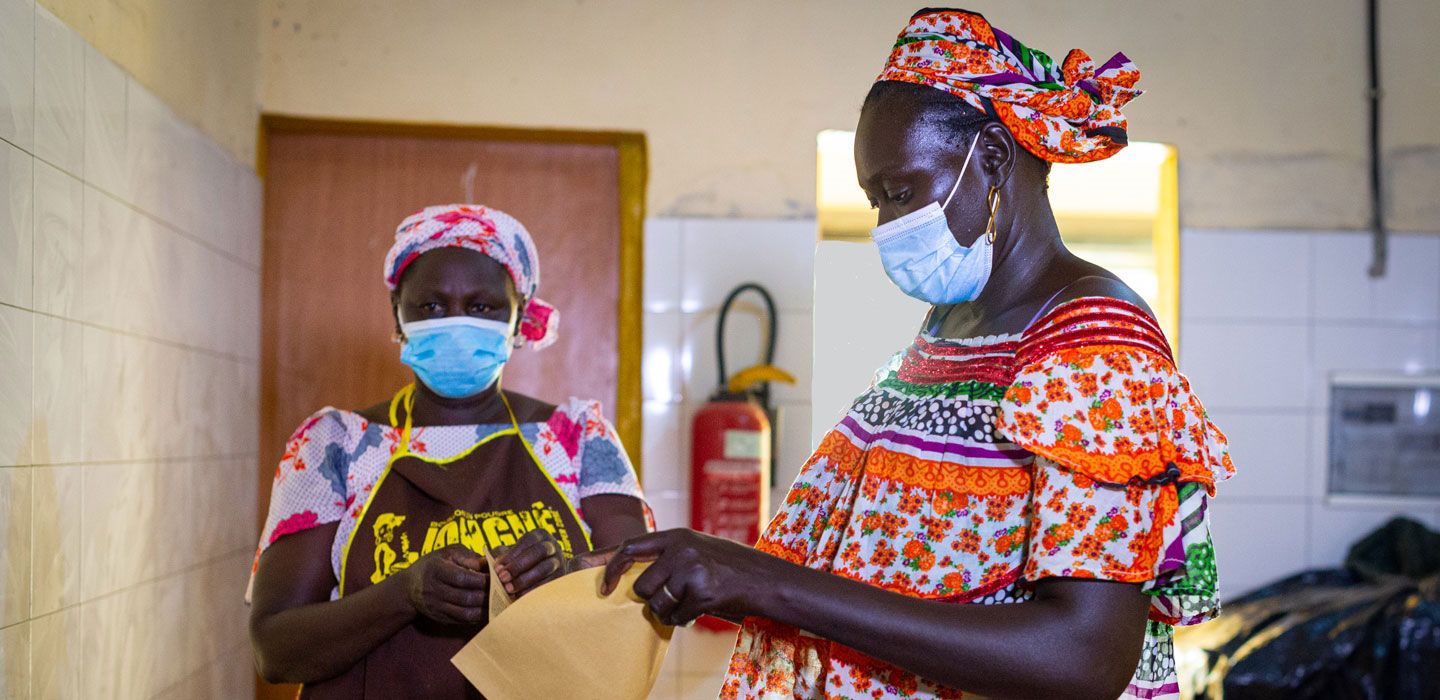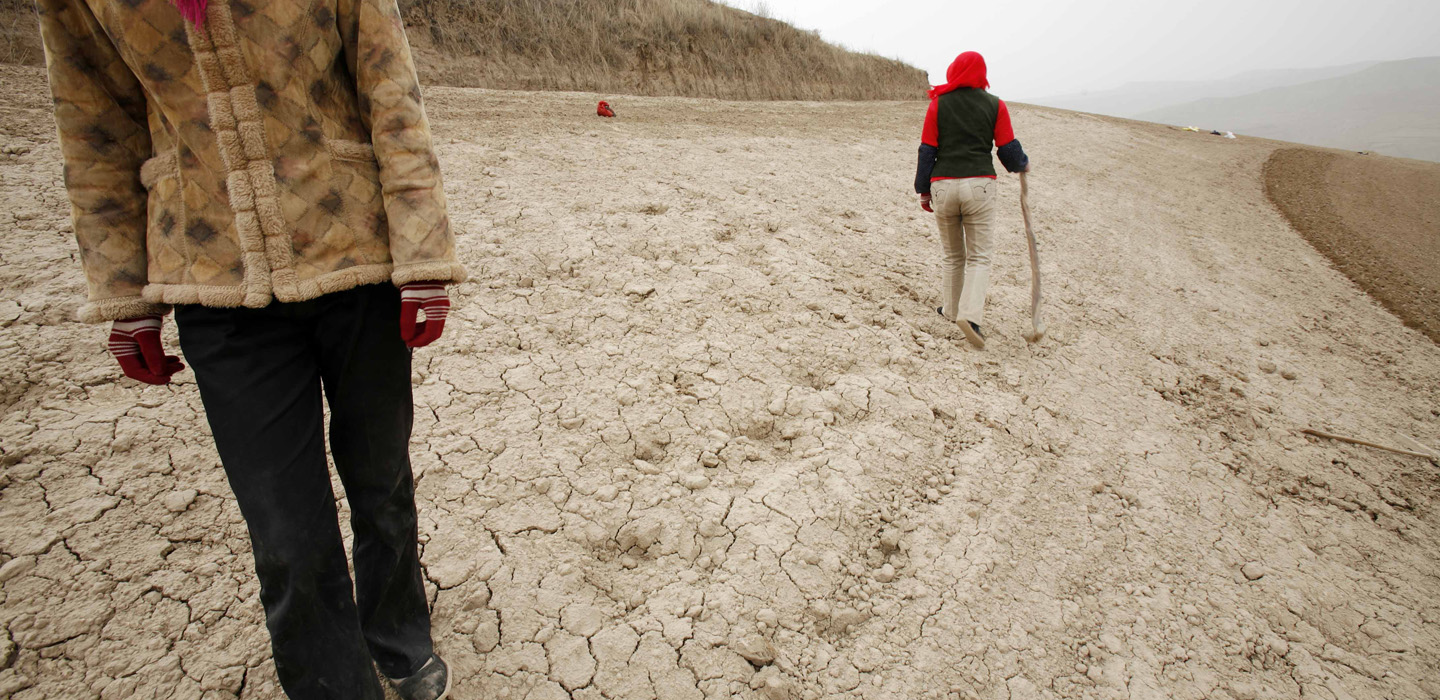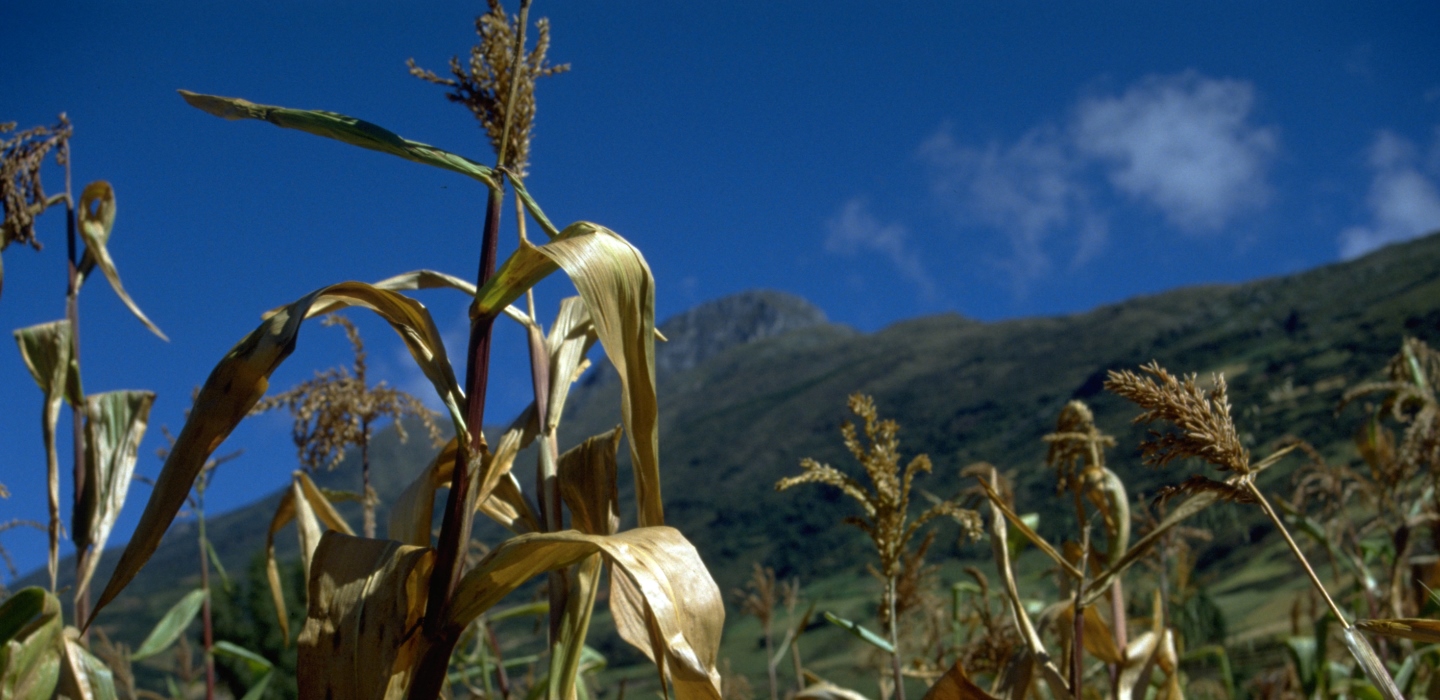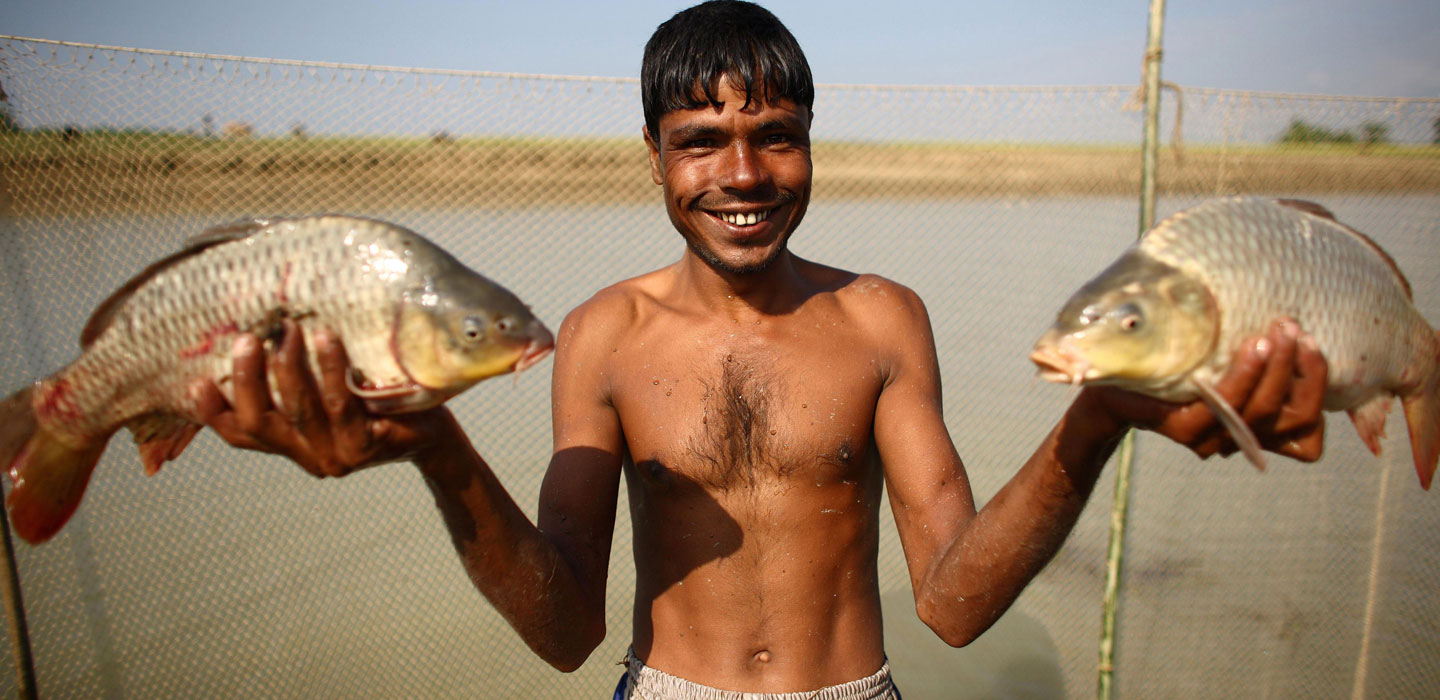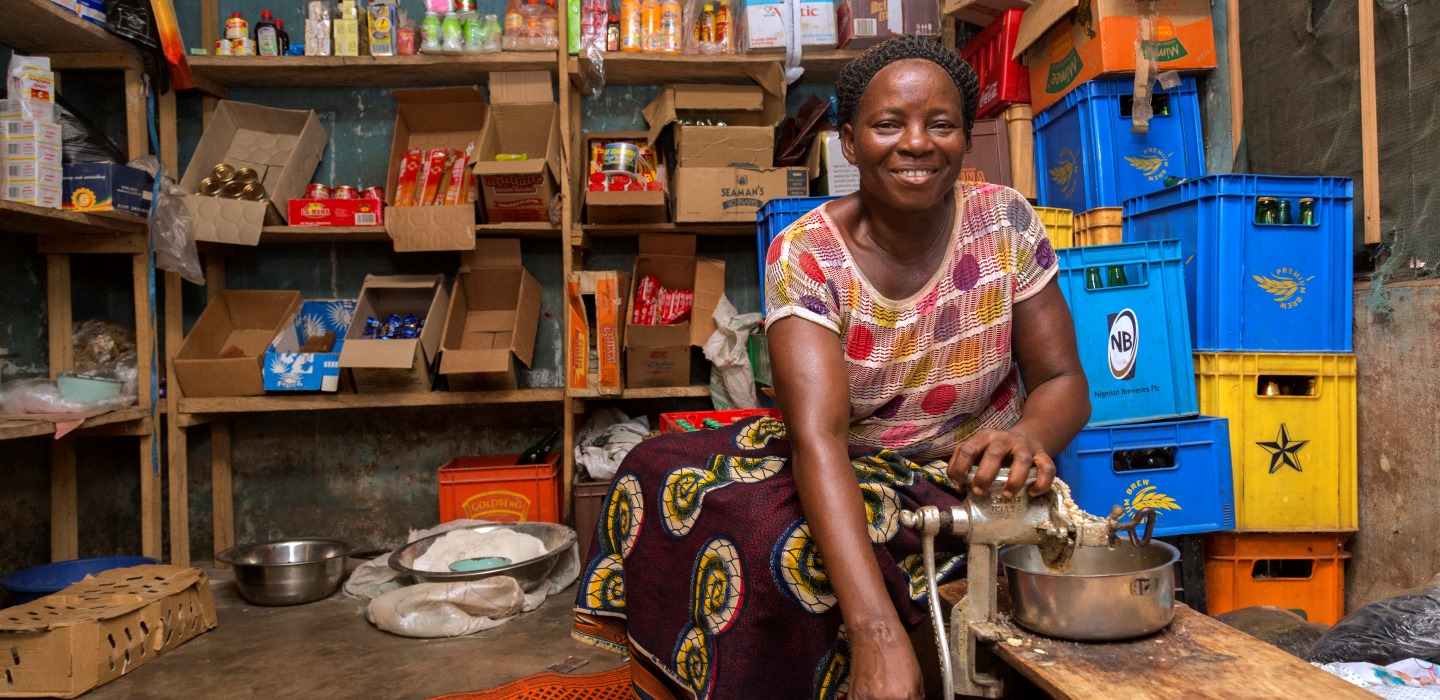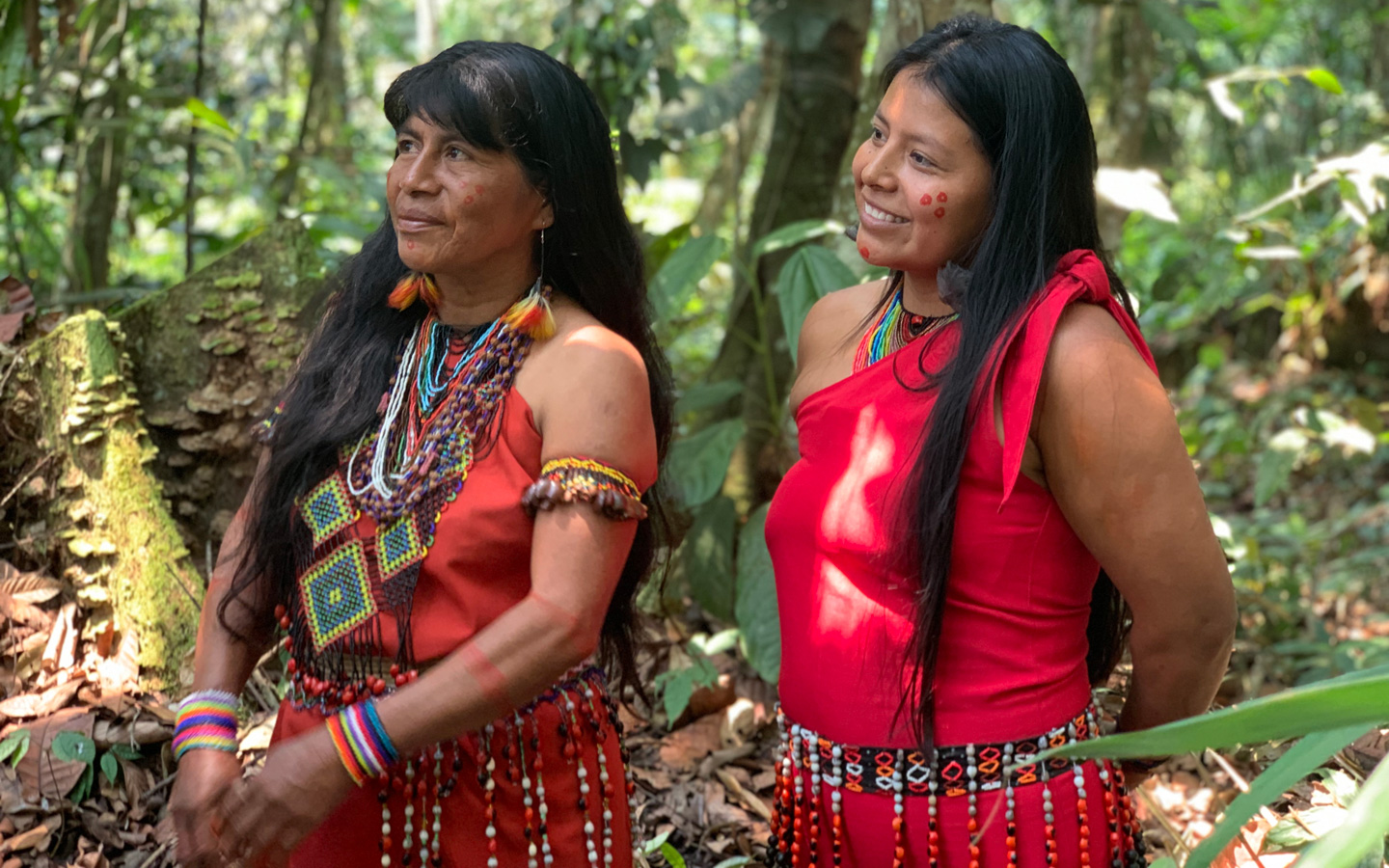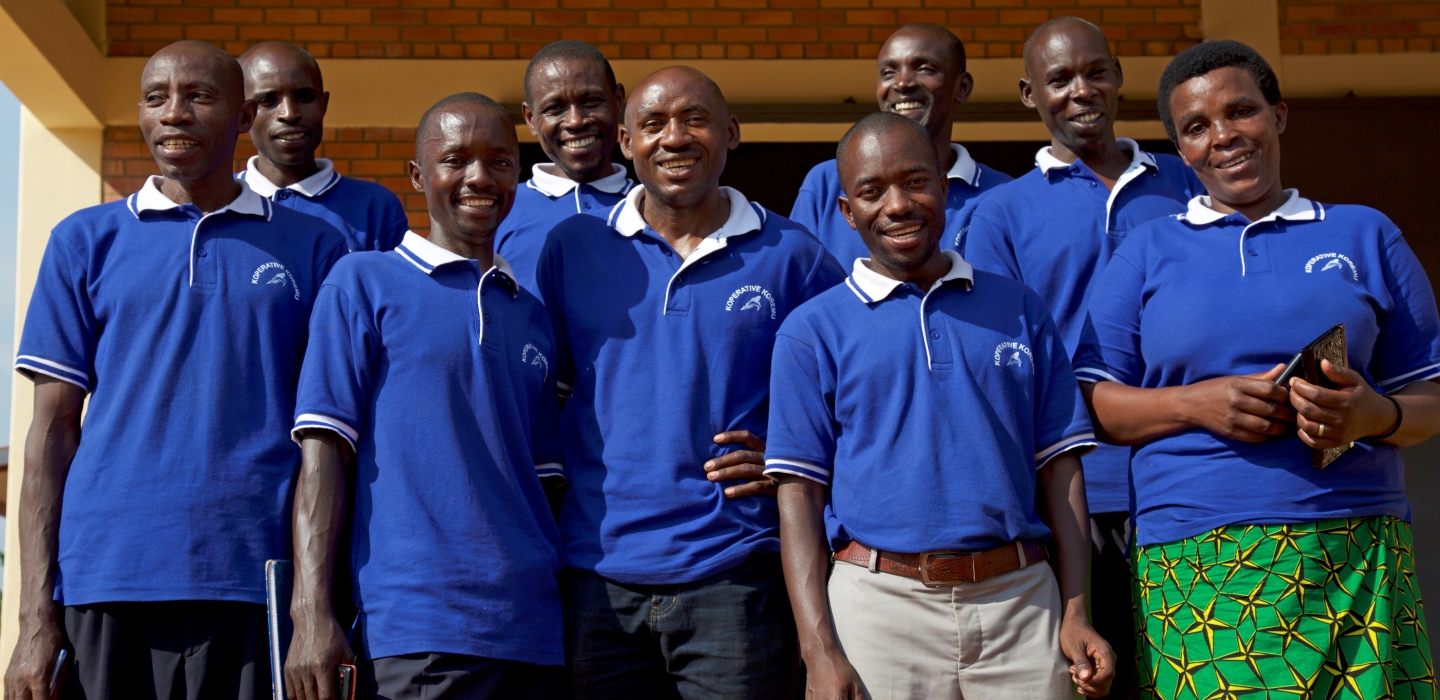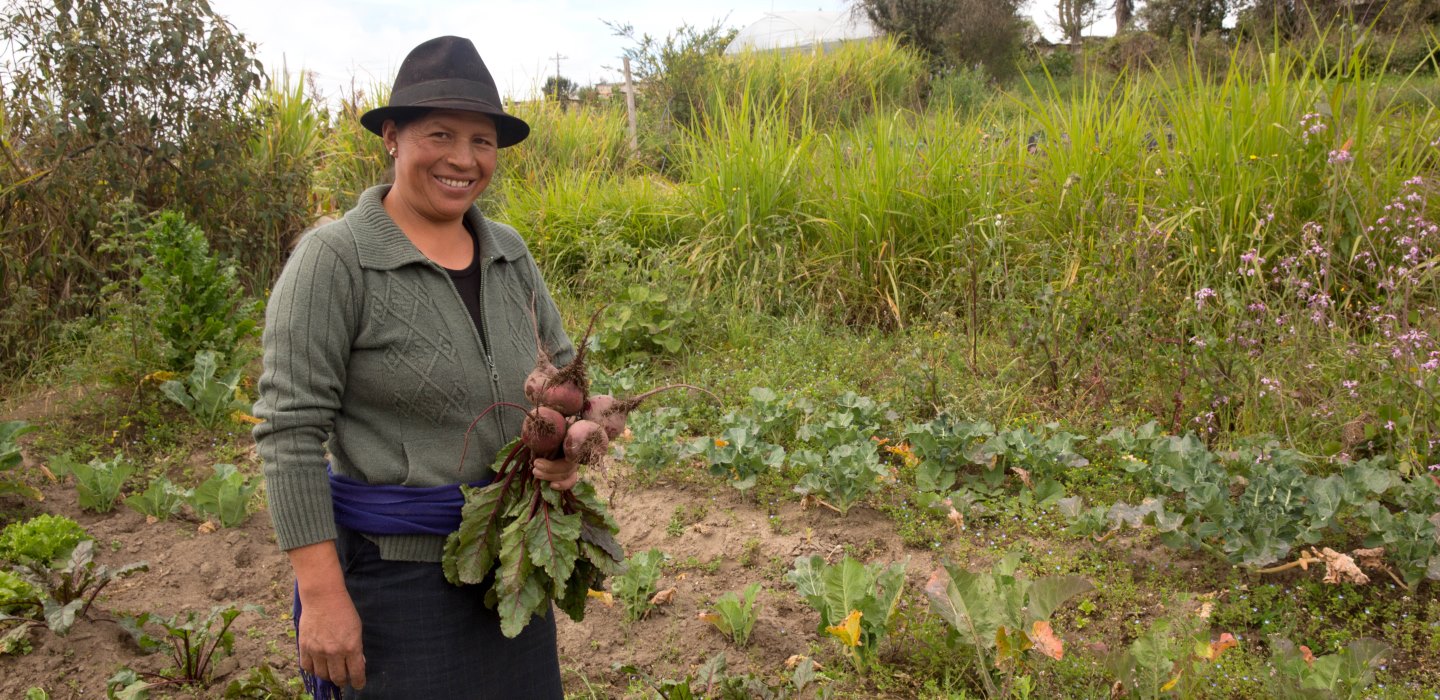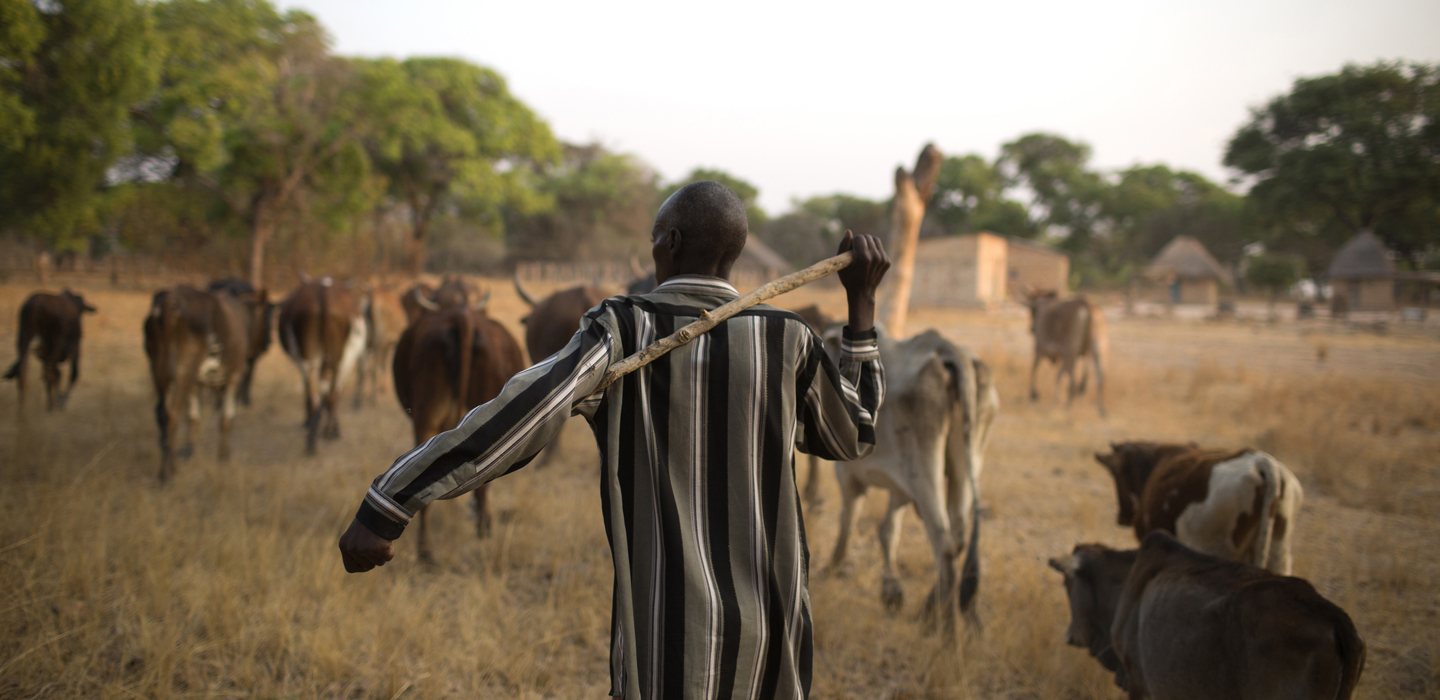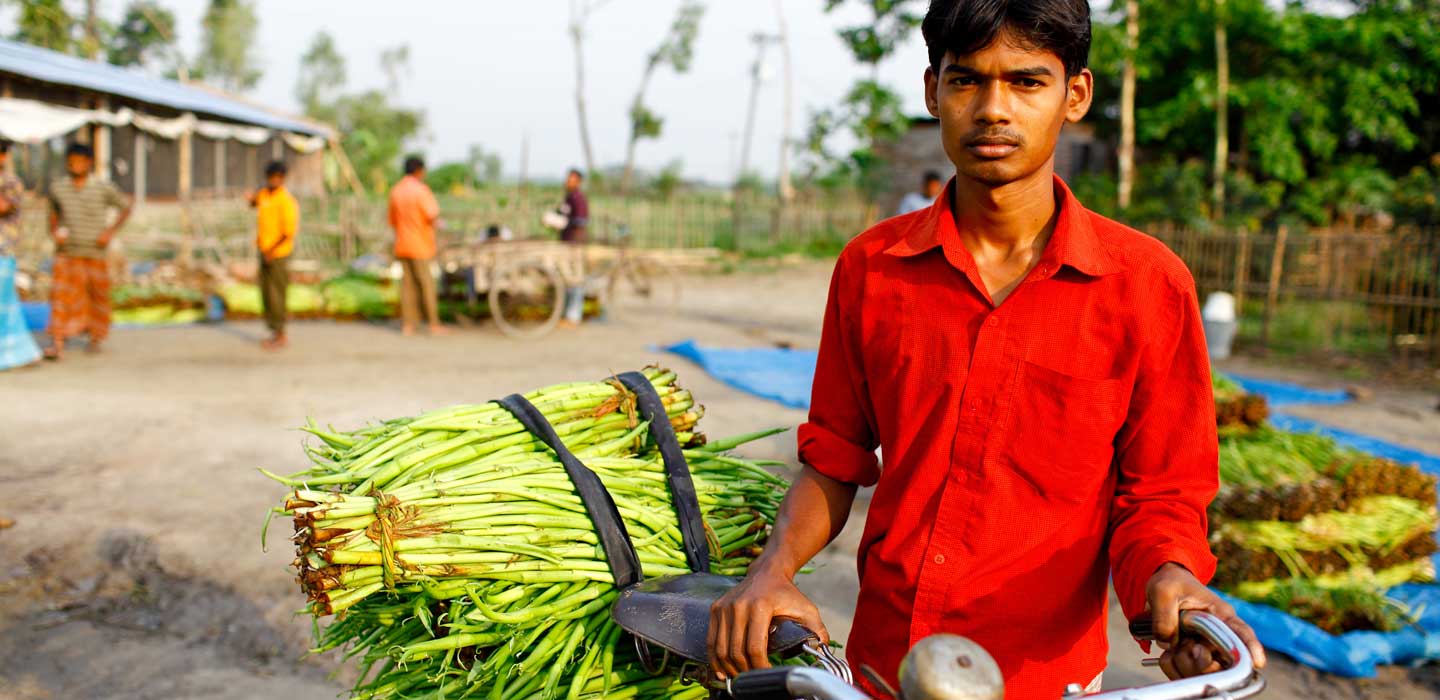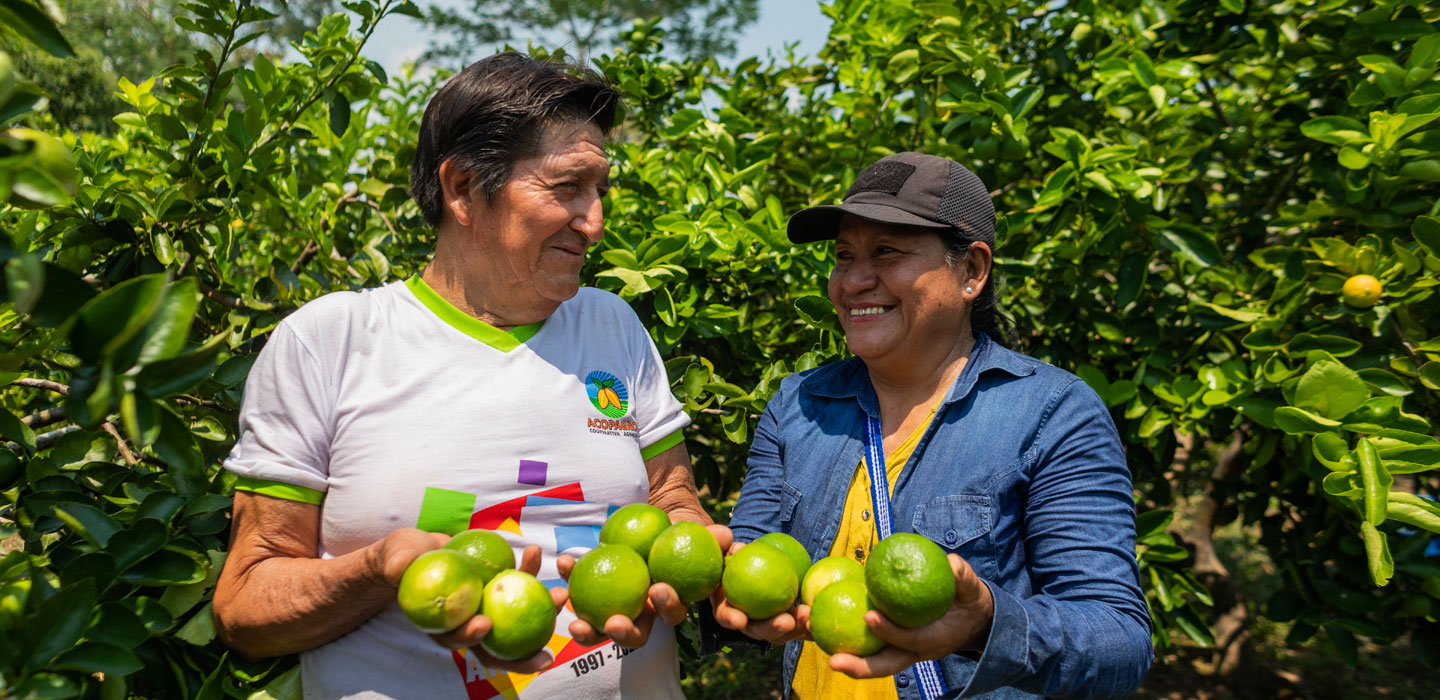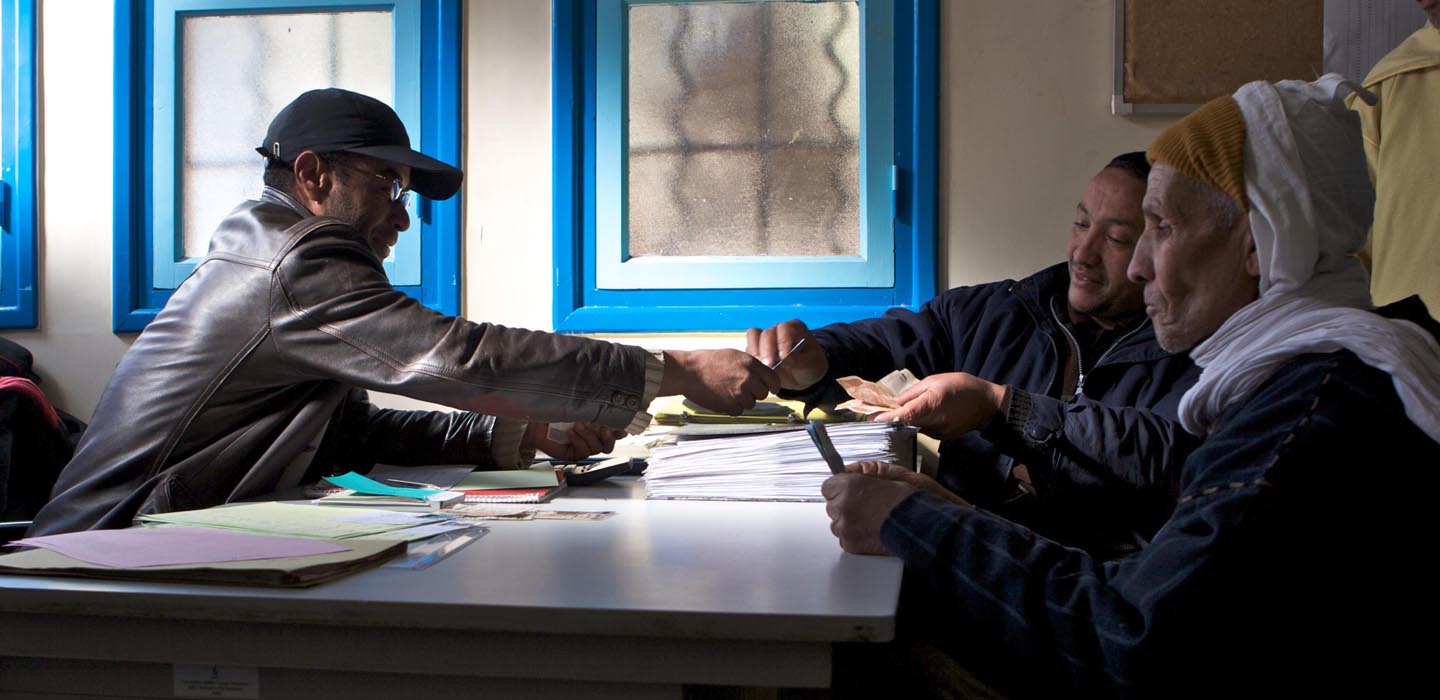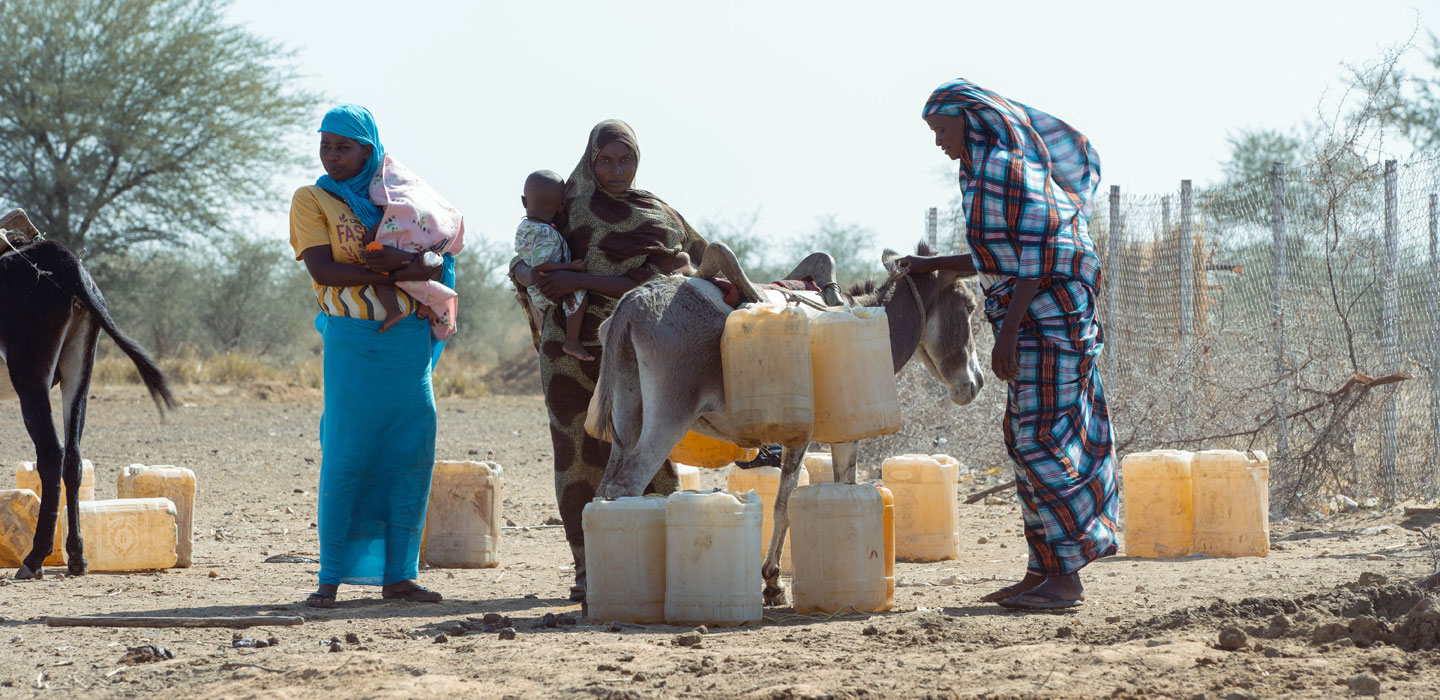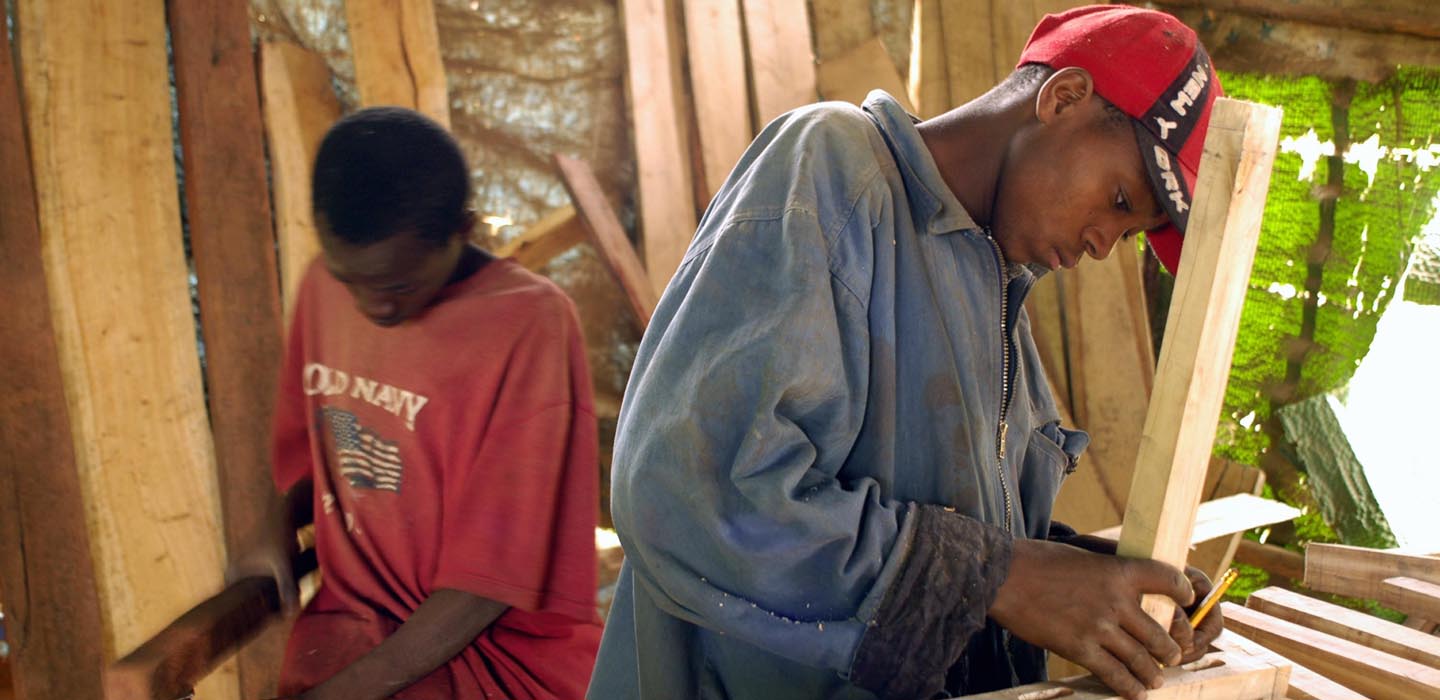Topics
COVID-19 response
The outbreak of COVID-19 has rapidly spread across the world, profoundly disrupting the fundamental activities that bring the global community together, including agriculture – and endangering all those who depend on it as their livelihood.
Climate and environment
Smallholder farmers and poor rural people bear the brunt of climate change and the degradation of natural resources. Extreme weather events, such as droughts, storms and floods, are putting pressure on the ecosystems that farmers depend on.
Crops
Smallholder farmers are the main producers of food globally and provide 60 to 80 per cent of the food produced in developing countries. As the world’s population grows, these farmers are under growing pressure to enhance their productivity.
Fisheries and aquaculture
Fisheries and aquaculture support the livelihoods of nearly half a billion people across the world. Yet many of the world’s fisheries are at grave risk from human pressure including overexploitation, pollution and habitat change.
Gender
Women are major contributors to agriculture and rural economies, but face numerous challenges that men do not. They have less access to resources and services, including land, finance, training, inputs and equipment.
Indigenous Peoples
It is estimated that there are more than 476 million self-identified indigenous people in some 90 countries around the world. But, far too often, they continue to face discrimination and their voices continue to go unheard.
Institutions and organizations
Poor rural people rarely control the conditions that determine their livelihoods. Geographically dispersed in remote rural areas, small producers lack the basic infrastructure — banks, roads, power supplies and Internet connectivity — needed to run a business.
Land
Competition for land has never been greater. The world faces rising population numbers, rapid urbanization, climate change, declining soil fertility and an increasing demand for food and fuel security. All of this puts pressure on land.
Livestock and rangeland
Livestock contribute to the farming operations of more than 800 million poor smallholders. Rural households can improve their livelihoods by raising a wide variety of animals: cows, buffaloes, sheep, goats, pigs, poultry, camels, llamas, alpacas, horses, donkeys, rabbits and even bees.
Market access and Value Chains
Reliable market access boosts productivity, increases incomes and strengthens food security. It reduces poverty and hunger for producer families and their communities.
Nutrition
Worldwide, approximately three billion people have poor-quality diets and more than two billion people suffer from micronutrient deficiencies. Nearly 25 per cent of children under the age of five are chronically undernourished.
Farmer organizations
Small family farms make up 85 per cent of all farms worldwide, and the people who live on them constitute the majority of the rural poor. To mitigate the challenges these smallholders form organizations.
Rural finance
The vast majority of rural people do not have reliable, secure ways to save money, protect and build assets, or transfer funds. This is particularly true for vulnerable groups, such as women, youth, and displaced people.
Water
Water is the world’s most precious resource. All living things on our planet rely on water to survive. Yet it is a resource at risk.
Youth
Our world is home to 1.2 billion young people between the ages of 15 and 24, and the youth population is growing fastest in the poorest nations. Governments around the world face the challenge of providing young people with jobs and opportunities.
